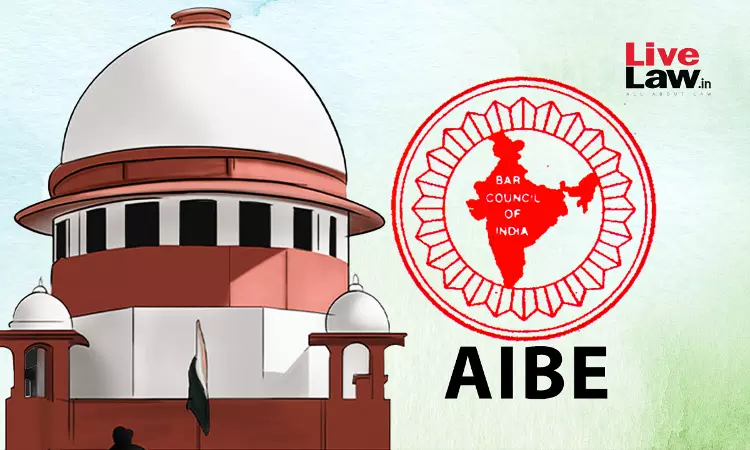The Supreme Court today (December 11) warned that if the 5 visually impaired law students, who wish to appear in the upcoming All India Bar Examination scheduled on December 22, are not given adequate facility to answer the questions on a Word document on the computer, it will not let the exam take place. The Court warned the Bar Council of India, the organising body, of contempt action in...

